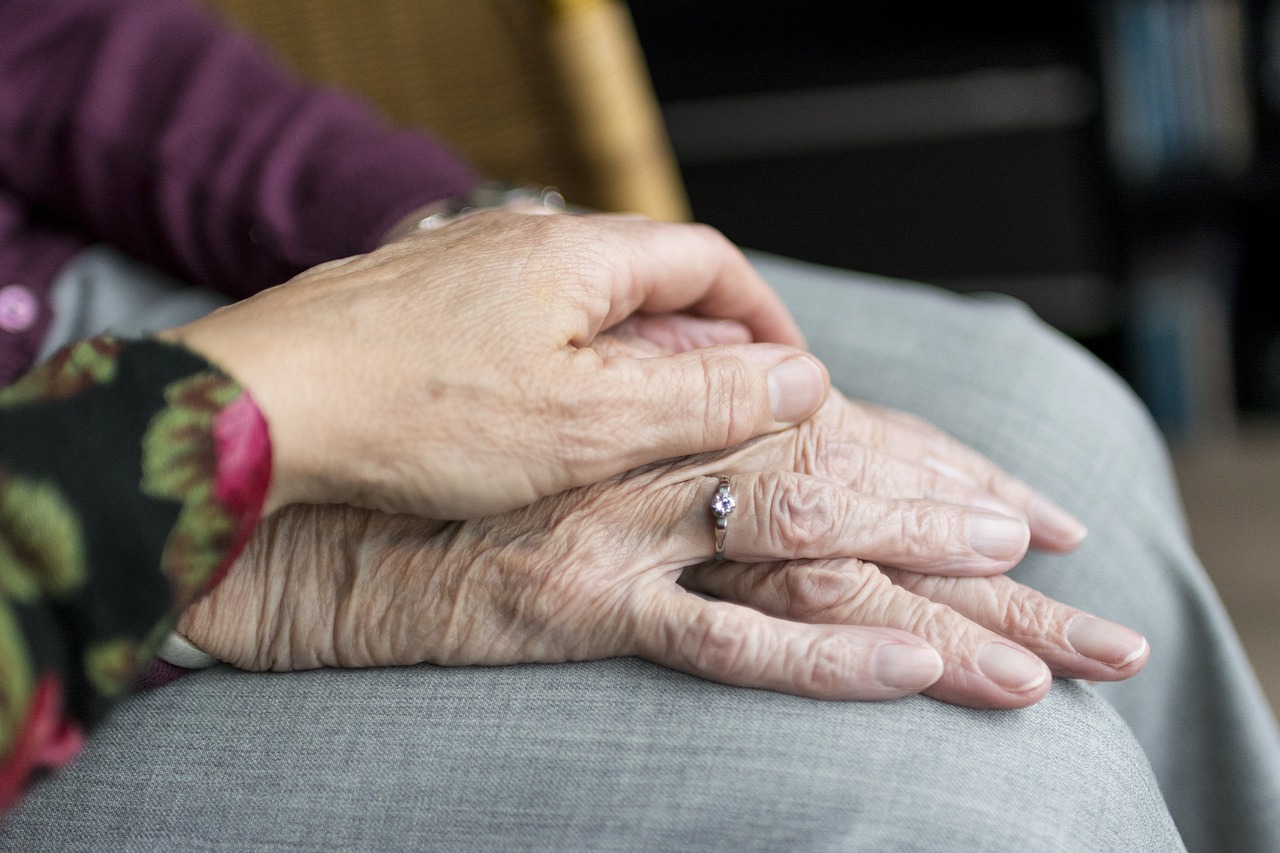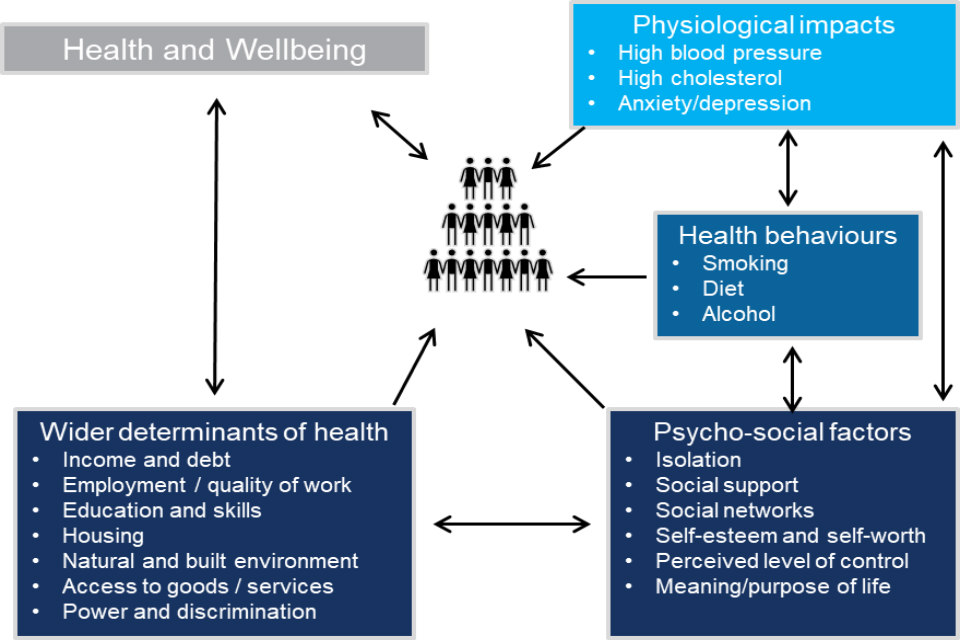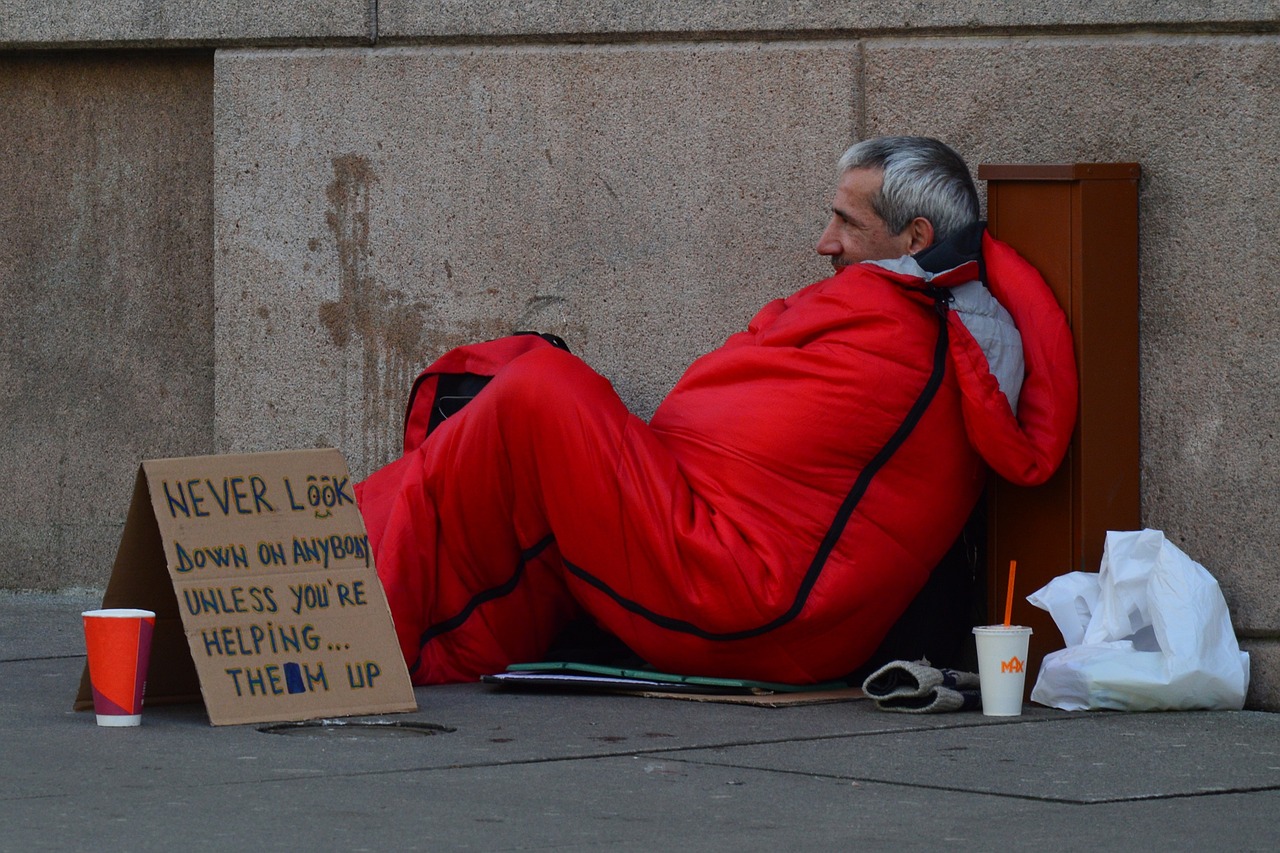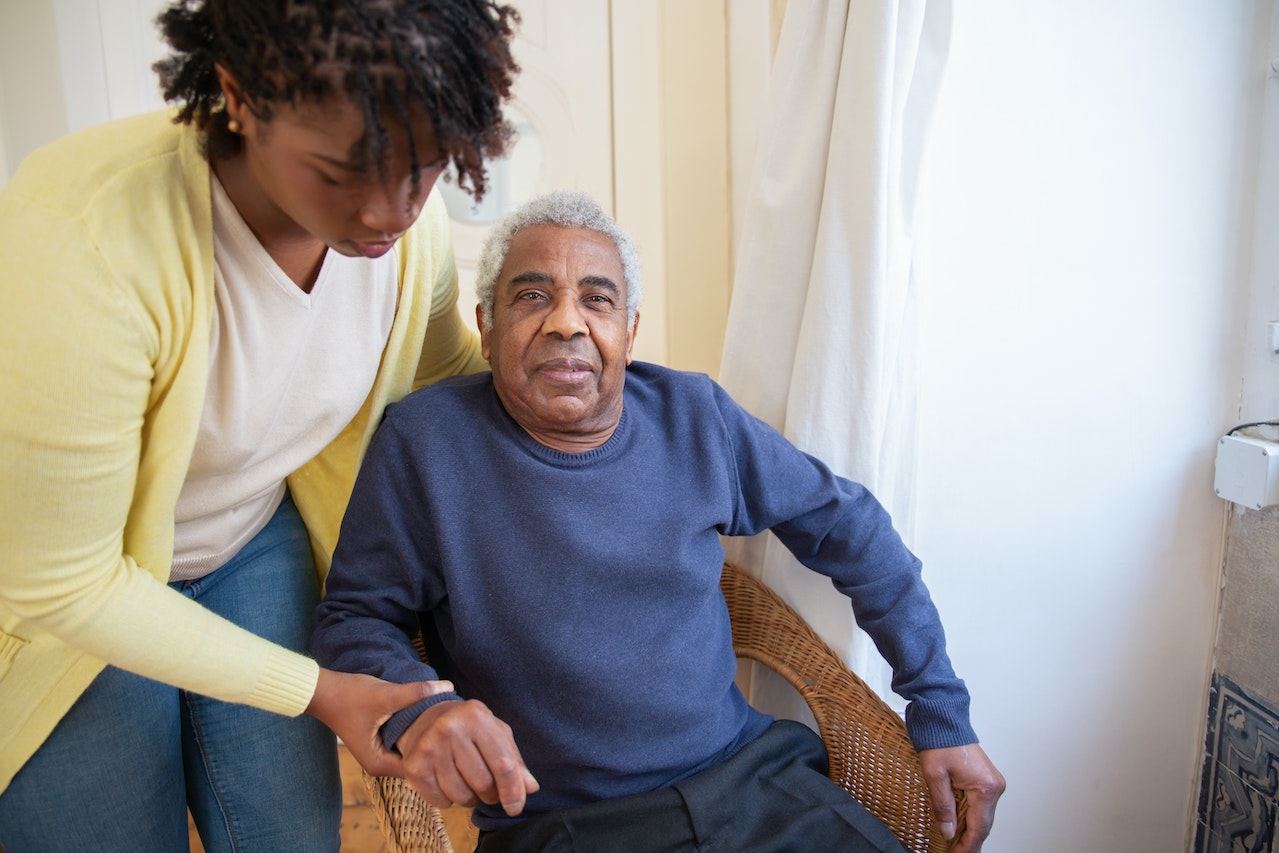Find out about The Open University's Health and Social Care courses and qualifications.
As part of the Ageing Well Public Talk Series we explore how important it is to maintain well-balanced nutrition and hydration throughout our lives, as well as regular physical and social activity in older age. Within the series we also explore how this knowledge might be used to facilitate self-management and delay the ageing processes for as long as possible.
In another article we explored how inequalities can affect an older person’s ability to engage with the 5 Pillars of Ageing, and how health professionals can support them through more person-centred care. This article looks at the impact of older people’s health inequalities on families, communities and society more widely. We will also consider what action we can all take to try and reduce health inequalities.

While estimates vary, it is largely accepted that access to and quality of healthcare services only accounts for around 20% of a population’s health. Health behaviours are considered to contribute about 30% towards our health – but even these are not just a matter of personal responsibility. The important message to get across is that the main drivers of our health are socio-economic and environmental circumstances. We then see a complex interplay between these factors and our ability to make positive choices around health behaviours, which determine how healthy we are. This may be further compounded by issues in access to and quality of healthcare services.
 Four components that interact to affect the health and wellbeing of individuals and at a population level: wider determinants of health; psycho-social factors; health behaviours; and physiological impacts.Four components that interact to affect the health and wellbeing of individuals and at a population level: wider determinants of health; psycho-social factors; health behaviours; and physiological impacts. Wider determinants contains income and debt; employment/quality of work; education and skills; housing; natural and built environment; access to goods/services; and power and discrimination. Physiological impacts contains high blood pressure; high cholesterol; and anxiety/depression. Health behaviours contains smoking; diet; and alcohol. Psycho-social factors contains isolation; social support; social networks; self-esteem and self-worth; perceived level of control; and meaning/purpose of life. All components feed into a group of figures that represent people and a two way arrow links them to a box labelled health and wellbeing. Wider determinants is linked by two way arrows to health and wellbeing, and to psycho-social factors. Psycho-social factors is linked by two way arrows to health behaviours, and to physiological impacts. Health behaviours is linked by a two way arrow to physiological impacts.
Four components that interact to affect the health and wellbeing of individuals and at a population level: wider determinants of health; psycho-social factors; health behaviours; and physiological impacts.Four components that interact to affect the health and wellbeing of individuals and at a population level: wider determinants of health; psycho-social factors; health behaviours; and physiological impacts. Wider determinants contains income and debt; employment/quality of work; education and skills; housing; natural and built environment; access to goods/services; and power and discrimination. Physiological impacts contains high blood pressure; high cholesterol; and anxiety/depression. Health behaviours contains smoking; diet; and alcohol. Psycho-social factors contains isolation; social support; social networks; self-esteem and self-worth; perceived level of control; and meaning/purpose of life. All components feed into a group of figures that represent people and a two way arrow links them to a box labelled health and wellbeing. Wider determinants is linked by two way arrows to health and wellbeing, and to psycho-social factors. Psycho-social factors is linked by two way arrows to health behaviours, and to physiological impacts. Health behaviours is linked by a two way arrow to physiological impacts.
In England, health inequalities are often categorised into four groups:
· socio-economic status
· protected characteristics. e.g. age, ethnicity, sexual orientation
· vulnerable groups. e.g. homeless people
· geography.
However, a person rarely falls into just one category.
We can see differences between people in the same group e.g. religion, and we must also be mindful of how these different factors combine and affect an individual’s health status, and their access to and experience of health services – often described as intersectionality.Older people’s health inequalities have a broader impact on families and society at large. Someone who spends more of their life in poor health may end up having to leave employment early, thus compounding economic inequality. This may also affect their ability to participate in social activities, increasing isolation and the health impacts of loneliness. Long-term health problems may also mean that an older person needs support with daily living, so a family member, who was once economically active, has had to give up work to take on a role as an unpaid carer – which in itself can lead to inequalities.
There are actions that can be taken at different levels to try and reduce the impact of health inequalities. Nationally and regionally, ensuring that we can all live, work and play in conditions that are good for our health requires integrated action across a number of policy areas. Access to and benefits of green spaces and sustainable transport solutions are just two examples. Employers also have a role to play in ensuring the workplace is accessible and inclusive so that older people with physical or health problems, including terminal illness, are able to stay in work if they choose to.

At a more local level, we can consider what role we have to play within our local communities. Local charities and community groups may have a focus on supporting particular groups more likely to experience inequalities. Volunteering with them can actually lead to improvement in your own health and wellbeing. Even checking in on an elderly neighbour could be the difference between them having some social contact that week or not.
Having read this article, what will you do to ensure people are supported to age well in a fairer society?







Rate and Review
Rate this article
Review this article
Log into OpenLearn to leave reviews and join in the conversation.
Article reviews